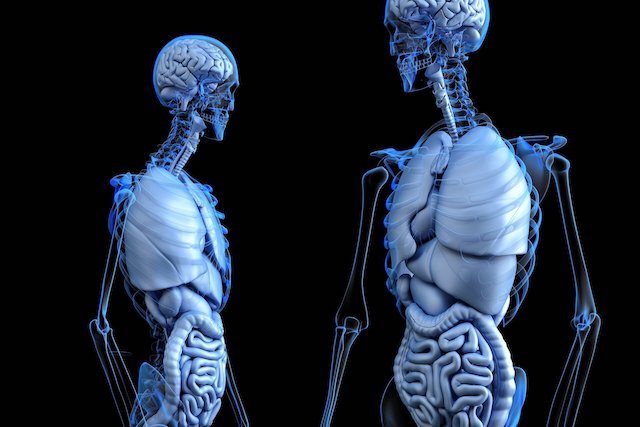
When you ingest a drug—whether over-the-counter Tylenol or medication prescribed by a doctor—your liver is your body’s first responder.
And just like other first responders, sometimes the liver gets hurt.
Doctors used to make patients with drug-induced liver injury stop taking all their medications until the liver healed, but this could be dangerous.
In a new study, researchers found that people with diabetes, high blood pressure and depression might be able to continue taking life-saving drugs even while they heal from drug-induced liver injuries.
The research was conducted by a team at the University of Connecticut and elsewhere.
Drug-induced liver injury, when a person accidentally harms their liver by taking medications prescribed by a doctor (or occasionally over the counter drugs), affects about 40,000 people in the US every year, and almost 1 million people globally.
When a person takes a medication by mouth, it goes into their stomach and then to the intestines, where it is absorbed into the blood.
This blood, in turn, passes first through the liver before reaching the rest of the body. The liver has enzymes that break down medicines.
But different people naturally have more or less of these enzymes. Sometimes, what could be a safe and effective dose in one person is too much for someone else who has different enzyme levels.
This is why some individuals are more vulnerable to liver damage, even when taking drugs just as a doctor prescribed.
There is no standard guidance for doctors when a patient gets drug-induced liver damage.
Often times they tell the person to stop taking all medications immediately and wait for their liver to recover. But that can take weeks or months.
But if patients have chronic conditions such as diabetes, hypertension, or depression, their conditions can run out of control. And that can be life-threatening.
In the study, the team tested whether mice whose livers had been damaged by acetaminophen (the active ingredient in Tylenol) had lower levels of drug-metabolizing enzymes, called cytochrome P450 enzymes.
Acetominophen toxicity involves certain P450 enzymes that the liver uses to process many other medicines, including those for diabetes, hypertension, and depression.
Levels of P450 enzymes vary a lot from person to person.
The team found that the way a cell regulates specific P450 enzymes made mice more or less susceptible to liver damage from acetaminophen.
They showed that levels of some P450 enzymes drop when the liver is damaged. That leaves the mice more susceptible to harms from drugs broken down by these enzymes.
Now the researchers are investigating whether mice with drug-induced liver damage can safely take medications for diabetes, hypertension, and depression.
It looks like they can, as long as the doses are much smaller than normal.
Because the damaged liver does not break down the medications as efficiently, they are just as effective at these lower doses.
The lead author of the study is UConn pharmacologist and toxicologist Xiaobo Zhong.
The study is published in Drug Metabolism and Disposition.
Copyright © 2020 Knowridge Science Report. All rights reserved.



